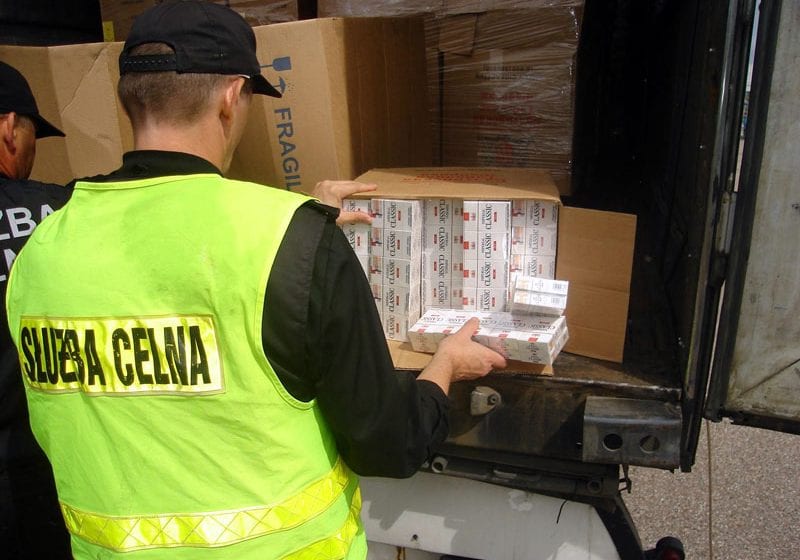In the executive summary of its 2016 report, the European Anti-Fraud Office, OLAF, said that it had co-organised or supported 12 successful Joint Customs Operations (JCOs) and had made significant progress in its efforts to fight the illicit trade in tobacco products.
During the year, it had helped national authorities seize 469 million cigarettes.
And under a section of the report headed, The changing nature of cigarette smuggling, OLAF said that the prevalence of contraband on the EU tobacco market had decreased significantly during the past decade.
‘A Commission Staff Working Paper published in 2016 showed, for example, that contraband in genuine Phillips Morris products on the illicit EU tobacco market dropped by around 85 percent from 2006 to 2014,’ it said.
‘This, however, did not lead to an overall reduction of illicit products on the EU market as smugglers turned their attention to traffic with “cheap whites,” which are non-branded cigarettes.’
Later in the report, OLAF said it had a crucial role in co-ordinating large-scale JCOs involving EU and international operational partners. ‘JCOs are targeted actions of a limited duration that aim to combat fraud and the smuggling of sensitive goods in specific areas at risk and/or identified trade routes,’ it said.
‘In 2016, OLAF co-organised or supported 12 such successful operations. Four of the JCOs organised in co-operation with Member States (Estonia, Finland, Greece and the Netherlands) were financed by OLAF.’
One of these operations, JCO Magnum, was organized at regional level and targeted the smuggling of tobacco products by road into the EU from third countries such as Belarus, Ukraine and Russia. The operation was said to have been co-ordinated by the Estonian Customs Administration and OLAF with the involvement of five member states, and led to the seizure of around 11 million cigarettes.
Meanwhile, OLAF reported that investigators would now be able to access a new Container Status Messages directory that gathered messages reporting the movements of containers transported on maritime vessels. ‘The messages are directly provided by maritime carriers,’ the report said.
‘Similarly, an Import, Export and Transit directory has also been developed, containing data on goods entering, transiting and leaving the EU.
‘Data relating to exports which will be gathered is limited to sensitive products, such as tobacco, alcohol and fuels.
‘As of next year, customs officials as well as OLAF officials will also be able to cross-check the information from both databases to detect potential fraud patterns.
‘These new tools will strengthen the analytical capabilities of national customs authorities and OLAF in detecting fraudulent operations.’











